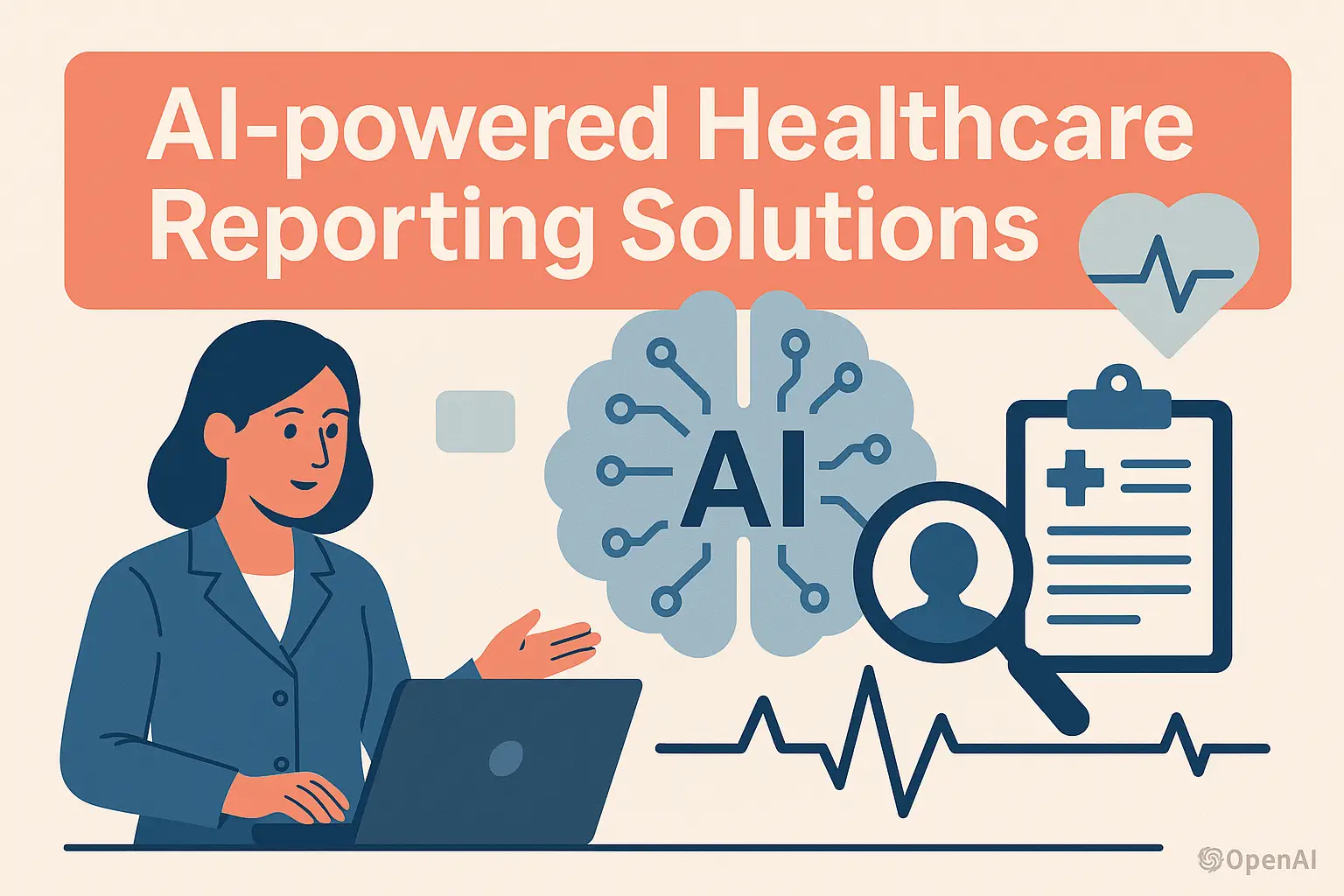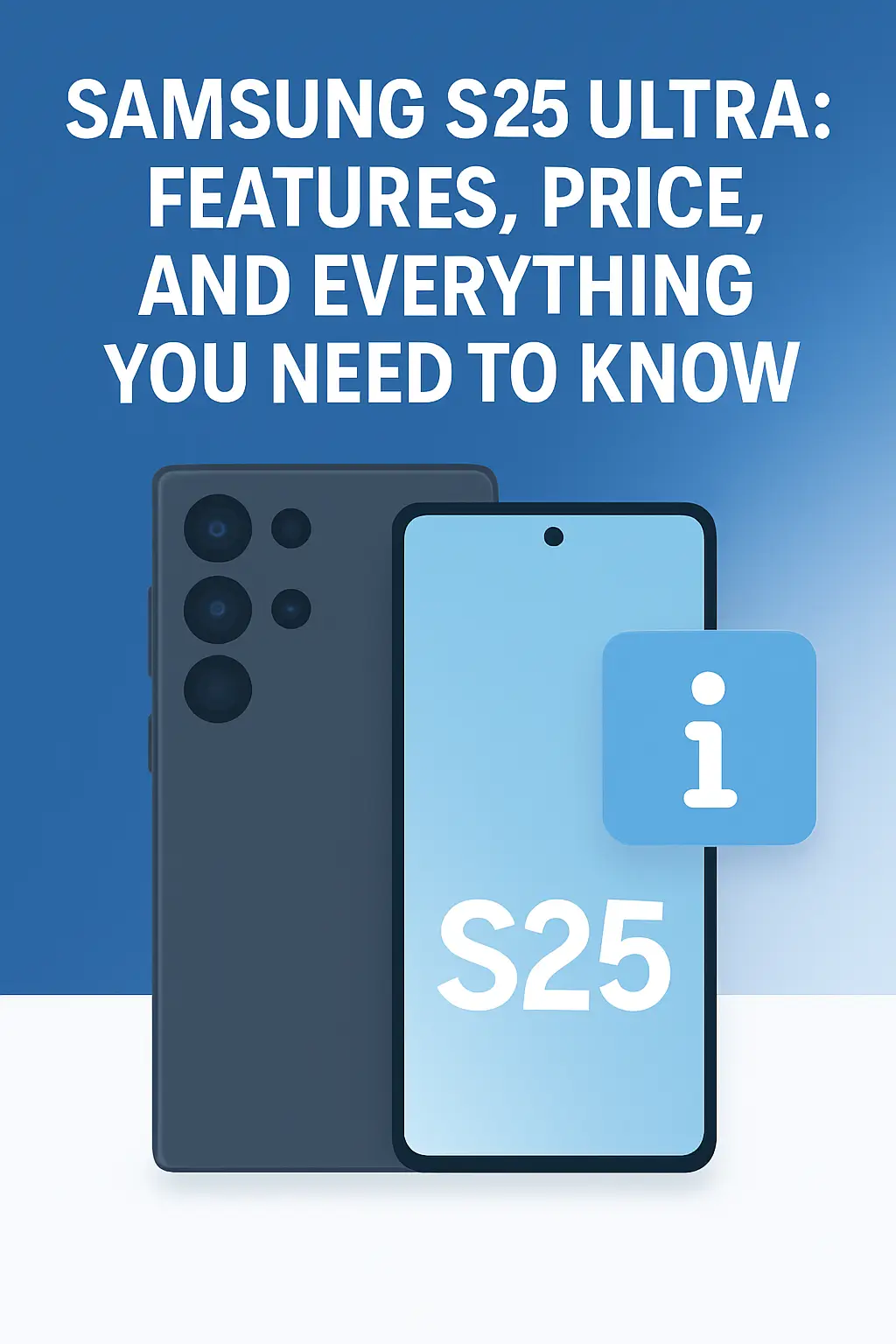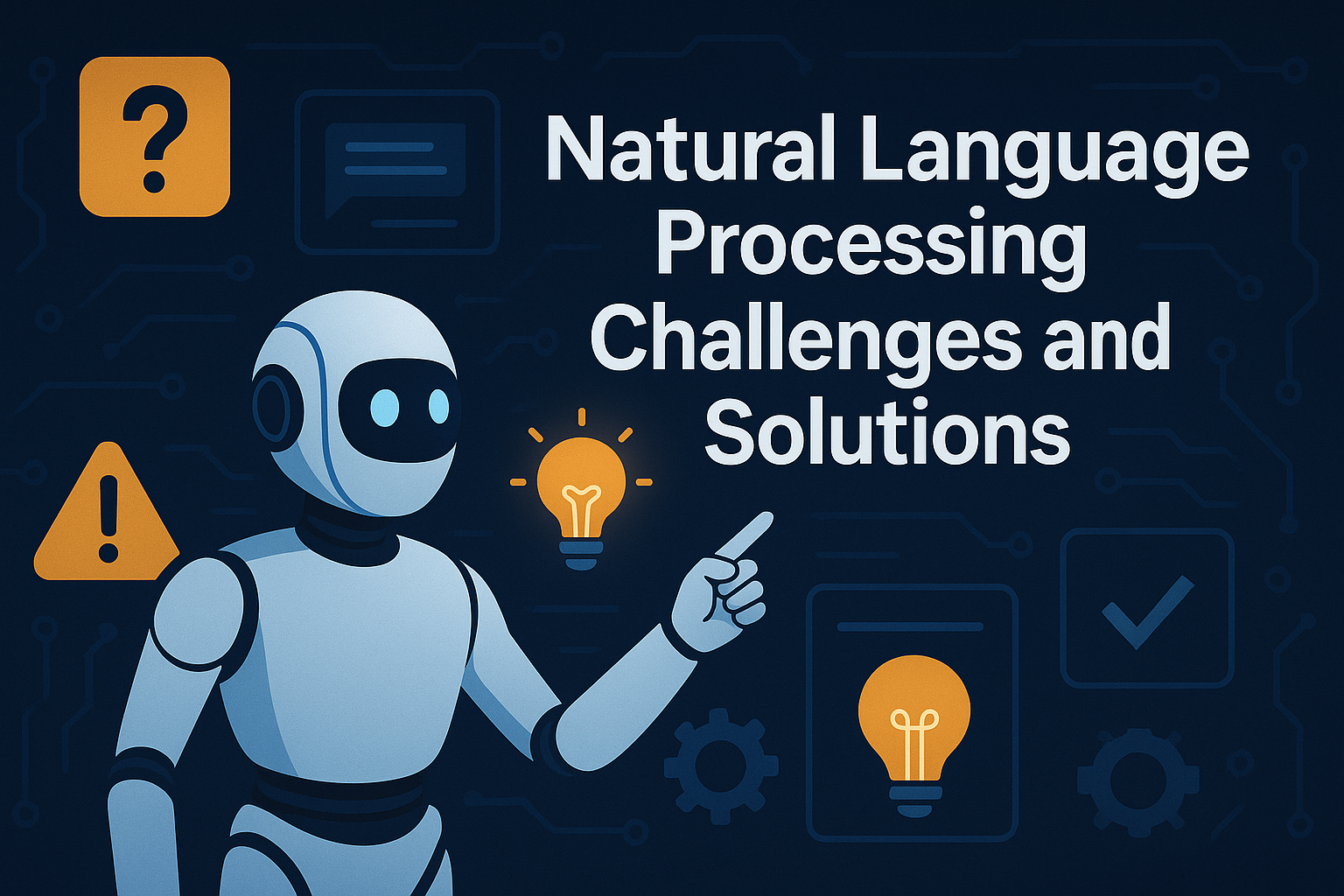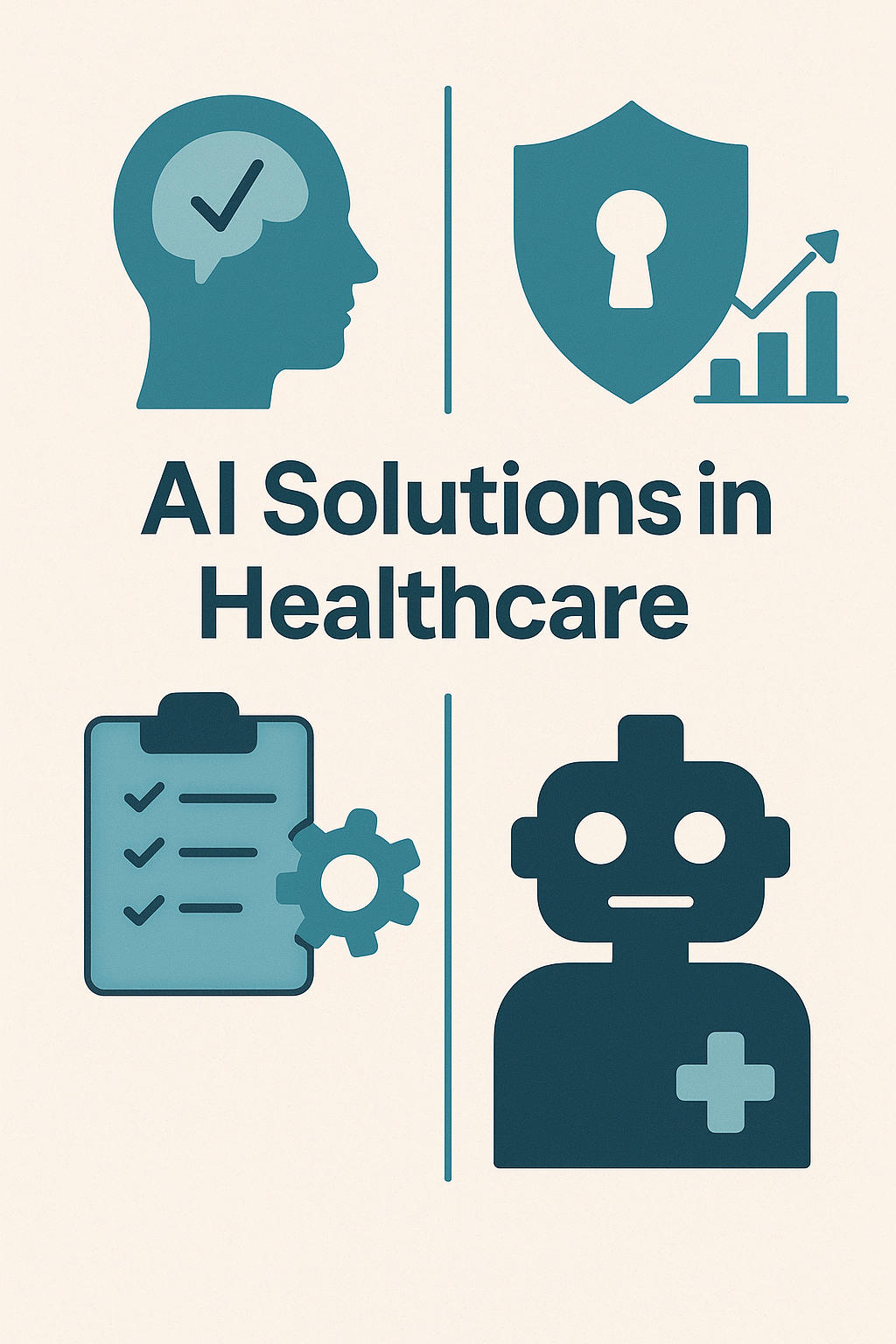Introduction
Healthcare is undergoing a digital revolution, and artificial intelligence (AI) lies at the core of this transformation. AI-powered healthcare reporting solutions streamline clinical documentation, enhance diagnostics, and support real-time decision-making. These systems reduce manual data entry and improve accuracy, ultimately benefiting patients and healthcare providers alike.
Learn more about foundational AI applications in medicine in our blog: AI in Medical Diagnostics.
What Are AI-powered Healthcare Reporting Solutions?
AI-powered reporting systems use machine learning algorithms and natural language processing (NLP) to interpret and generate structured reports from unstructured clinical data. These tools automatically extract, analyze, and summarize key medical details from sources such as:
- Radiology and pathology reports
- Electronic Health Records (EHRs)
- Lab results and physician notes
Mathematical model for NLP confidence score in clinical documentation:
\\[ NLP_{confidence} = \\frac{RelevantTerms\\:Identified}{TotalTerms} \\]
Benefits of AI in Healthcare Reporting
- Faster Documentation: AI can transcribe and summarize patient encounters in real time, freeing clinicians from excessive typing.
- Improved Accuracy: AI reduces the chances of human error and enhances the completeness of medical reports.
- Predictive Insights: AI can identify at-risk patients and recommend follow-up steps based on historical trends.
- Interoperability: AI tools often integrate seamlessly with EHRs, improving system-wide communication.
Explore similar innovations in AI in Electronic Health Records.
Practical Example: AI for Radiology Reporting
A hospital integrates AI into its radiology workflow. The AI model scans chest X-rays and automatically populates a report with key findings such as “No pulmonary infiltrates observed” or “Suspicious mass in right lobe.”
This approach saves radiologists up to 30% of reporting time and ensures consistent terminology across cases.
Formula used in detection sensitivity:
\\[ Sensitivity = \\frac{True\\:Positives}{True\\:Positives + False\\:Negatives} \\]
Read more on medical imaging in our post on AI in Medical Imaging.
Technologies Behind AI-powered Reporting
Key technologies include:
- Natural Language Processing (NLP): Used to extract and generate textual content from EHRs and physician notes.
- Speech Recognition: Tools like Nuance Dragon Medical One help convert voice dictation into medical records in real-time.
- Machine Learning: Algorithms are trained on historical medical data to identify common diagnosis patterns and improve accuracy over time.
Example tools: Google Cloud Healthcare API, AWS Comprehend Medical
Challenges and Considerations
Despite their promise, AI-powered reporting systems face hurdles such as:
- Data Privacy: Handling sensitive health data requires strict compliance with HIPAA and GDPR standards.
- Bias in Training Data: If not trained on diverse datasets, AI may produce biased outcomes.
- Clinical Acceptance: Some clinicians are hesitant to trust AI-generated reports without manual validation.
Mitigating bias formula:
\\[ Bias_{Rate} = \\frac{\\text{Errors in Underrepresented Group}}{\\text{Total Errors}} \\]
To learn how to address such limitations, see our post on Challenges of AI in Healthcare.
Future Outlook
The future of AI in healthcare reporting is promising. With real-time diagnostics, improved decision support, and automated workflows, AI will increasingly act as a co-pilot for clinicians. Federated learning and explainable AI will further increase transparency and trust in these systems.
Want to know what’s next? Read our detailed guide on The Future of AI in Healthcare.
Conclusion
AI-powered healthcare reporting solutions are reshaping clinical operations and decision-making. As adoption grows, these tools will continue to enhance efficiency, reduce errors, and improve patient outcomes. Healthcare providers should explore AI not just as a technical upgrade, but as a strategic asset for delivering better care.
Explore more: AI Solutions in Healthcare








